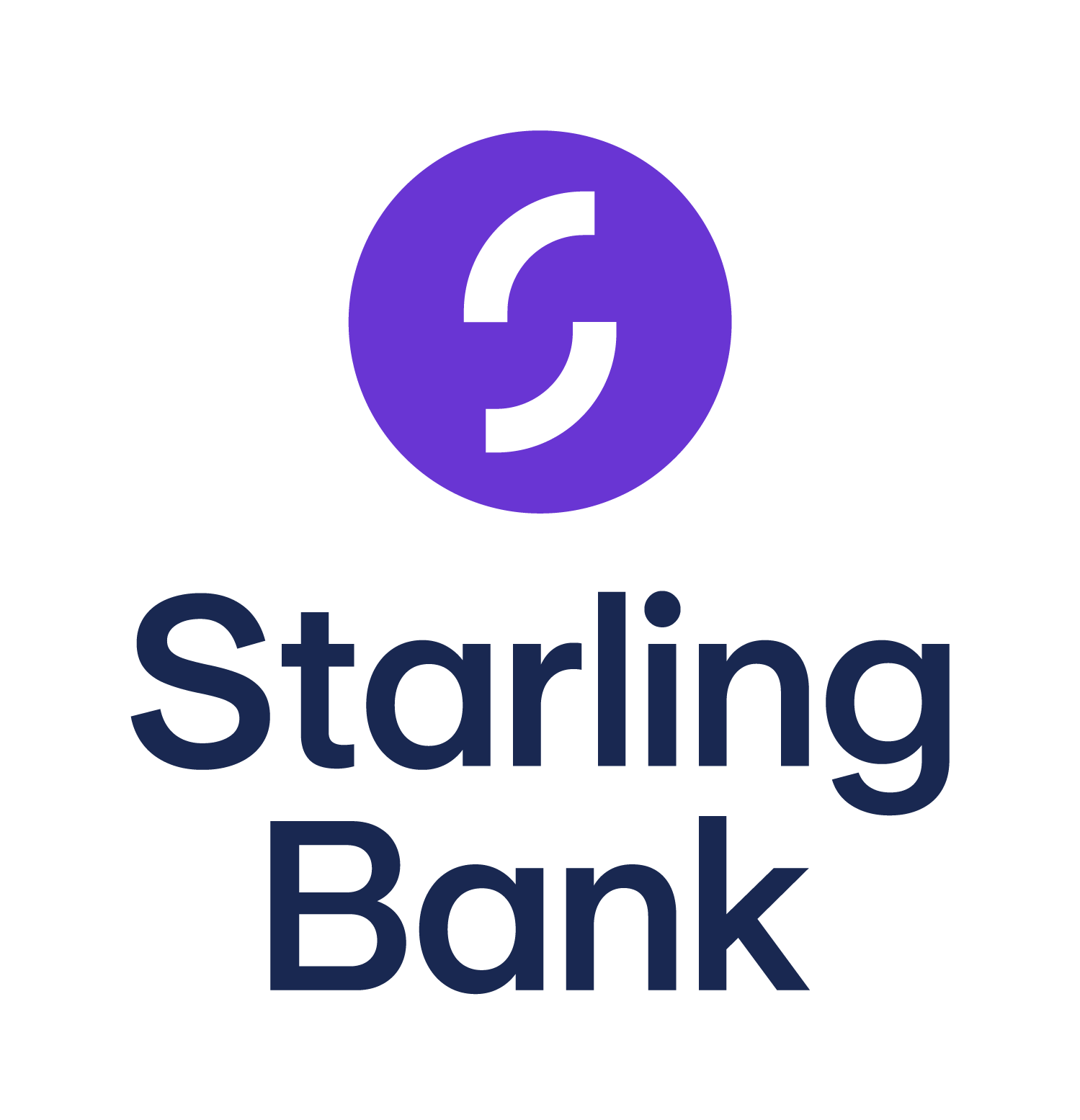
TSB is now the only bank to offer a current account switch incentive.
After a flurry of activity over the summer months, the number of current accounts offering switch incentives has fizzled out.
The Co-operative Bank, Lloyds Bank and first direct were some of the major banks to offer cash incentives for switching to their current accounts, but these offers ended in recent weeks.
And, on 30 August, Barclays Bank was the latest bank to pull its £175 switch incentive which launched in early July.
While disappointing, it’s not a surprise to see the number of switching offers disappear as many of the banks earlier announced that they were only available for a limited period.
“Those customers who have not made time to explore the variety of offers and switch using the Current Account Switch Service (CASS) would have missed out on free cash from some of the biggest banking brands last month,” commented Rachel Springall, Finance Expert at Moneyfactscompare.co.uk.
“It’s not all bad news though, as consumers will see these types of incentives come and go throughout the year when banks decide to compete for new business,” she added.
For those wanting to switch current accounts, there is still one bank offering a cash incentive.
TSB could pay up to £190 if you switch to one of its eligible accounts and meet all the necessary conditions, including making at least 20 debit card payments each month for six months.
But you only have a few more weeks to take advantage of this offer as you need to switch and fulfil certain conditions before 27 September to qualify for the cash bonus. Read more details on TSB’s switching incentive.
Bear in mind that, even though a cash bonus can be an appealing reason to switch current accounts, it’s important to choose an account based on its overall value and the features it offers.
Unless a bank is offering a cash incentive, some may not think it’s worth switching current accounts.
However, if there’s a current account that offers a more appealing package than your existing current account, it may still be worth switching even if you don’t get any free cash for doing so.
For example, some current accounts may charge a lower overdraft rate while others may pay a higher interest rate on credit balances or come with other perks, such as cashback. Depending on your situation and preferences, these features could be enough of an incentive to switch current accounts on their own, even without a cash bonus.
The FlexDirect account from Nationwide BS pays a fixed interest rate of 5.00% AER for 12 months on balances up to £1,500, which is the highest rate paid by a current account.
This interest rate drops to 1.00% AER variable after 12 months and you need to pay in at least £1,000 into the account each month to be eligible.
Alternatively, there are options for those who would prefer to have access to a low-interest overdraft in case they need to borrow in an emergency.
“Starling Bank offers a fuss-free account and charges 15.0% EAR on its overdraft, which is less than half the rate many of the biggest banks set,” Springall pointed out.
For comparison, if you were to borrow £500 for seven days using Starling Bank’s current account overdraft, this would cost you £1.35. By contrast, if you borrowed the same sum over the same period on an overdraft charging 39.9%, this would cost you £3.26.
As additional perks, Starling Bank also pays 3.25% AER on balances up to £5,000 and doesn’t charge any fees for using its card overseas.
Last updated: 14/10/2024


Arranged Overdraft Rate (EAR): 15.0%
Interest Rate (AER): 3.25% AER (variable) credit interest on balances up to £5,000.
Representative Example: Based on an overdraft limit of £1,200 charged at 15.00% EAR Variable. Representative 15.0% APR variable.
Santander is another bank that pays interest on its current account, with its Edge Up current account paying 3.50% AER on balances up to £25,000.
Although the account charges a £5 monthly fee, you can earn up to £15 per month cashback on selected debit card spending (such as fuel and supermarkets) and up to £15 per month cashback on household bills. You can also receive other benefits such as vouchers and entry into prize draws via Santander Boosts.
Bear in mind you need to pay at least £1,500 into your account each month and have at least two active Direct Debits to be eligible.
Last updated: 14/10/2024


Account fee: £5.00 per month
Arranged Overdraft Rate (EAR): 39.94%
Interest Rate (AER): 3.50% AER (variable) credit interest on balances up to £25,000.
Benefits: 1% cashback on debit card spends at transport and grocery merchants (capped at £15 per month) and 1% on selected household bills (up to £15 per month).
Representative Example: Based on an overdraft limit of £1,200 charged at 39.94% EAR Variable. Representative 39.9% APR variable.
While the above accounts may not be right for everybody, it’s worth comparing the available options to see if there are any that could offer a better deal than your existing account.
For more information about the range of current accounts available and the features they offer, see our current account charts.
Information is correct as of the date of publication (shown at the top of this article). Any products featured may be withdrawn by their provider or changed at any time. Links to third parties on this page are paid for by the third party. You can find out more about the individual products by visiting their site. Moneyfactscompare.co.uk will receive a small payment if you use their services after you click through to their site. All information is subject to change without notice. Please check all terms before making any decisions. This information is intended solely to provide guidance and is not financial advice. Moneyfacts will not be liable for any loss arising from your use or reliance on this information. If you are in any doubt, Moneyfacts recommends you obtain independent financial advice.